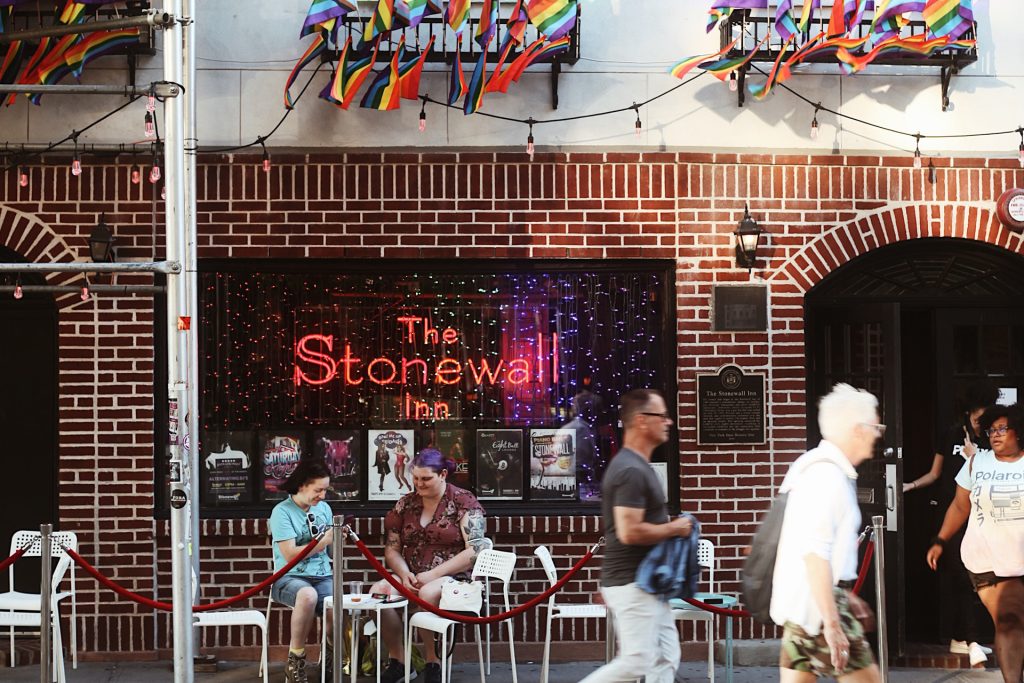Just before Christmas last year, I had the amazing opportunity to visit New York with my family.
It was a whirlwind tour. We were there for just three days so we tried to get everything in as quickly as possible.
We saw the Statue of Liberty, the Empire State Building, Central Park, and Ground Zero, among many others.
Yet, it’s often the things you least expect that will have the biggest impact on you.
Amongst all the activities, we managed to squeeze in a meeting with my father’s colleague who lived in West Village.
Upon emerging from the subway station there, my parents and I were greeted with a park on the opposite side of the road, with pride flags covering every surface.
I didn’t think much of it at the time.
It was only after dinner, when my family and I explored West Village more, that the significance of that park became clear to me.
It was directly opposite the Stonewall Inn.
For those who don’t know, the Stonewall Inn is a borderline legendary building for the LGBTQ+ community. In 1969, the Inn was raided by the police, who were violent towards the patrons. Things came to a head when bar patron Stormé DeLarverie had her head slammed against the roof of a police car, and was reported to have yelled to the gathered crowd:
“Aren’t you going to do something?”
Do something they did; six days of rioting followed.
It was a spontaneous outpouring against years of systemic abuse by police and civilians alike and has become a borderline legendary event for people who are gay, bisexual or transgender.
On the anniversary of the event a year later, the first Gay Pride march occurred to commemorate the uprising. This first march was the progenitor of Pride events we know and celebrate today.
Many of my favourite authors are members of the LGBTQ+ community and have written with reverence about the Stonewall Inn. Of particular note is Alison Bechdel, who references the event frequently in her seminal work Fun Home, speculating that if her father had been born after the event, he might have had the courage to come out as gay, as she had done.
It is appropriate that the inn that started it all is called “Stonewall.” It speaks to the spirit of the LGBTQ+ community; their strength, their refusal to surrender in the face of a society that seeks to force them back into the closet. They are, themselves, a stone wall.
Things still aren’t easy for the LGBT community, whether at home, or in public. LGBTQ+ children especially are much more likely to be victims of domestic abuse, or rendered homeless by parents who don’t accept their identity. These rejections and humiliations can have lasting impact on their physical and mental health.
It is important in this time, therefore, that my lesbian, gay, bisexual and transgender brothers and sisters be a stone wall. A wall that’s as unbreakable as their spirit.


